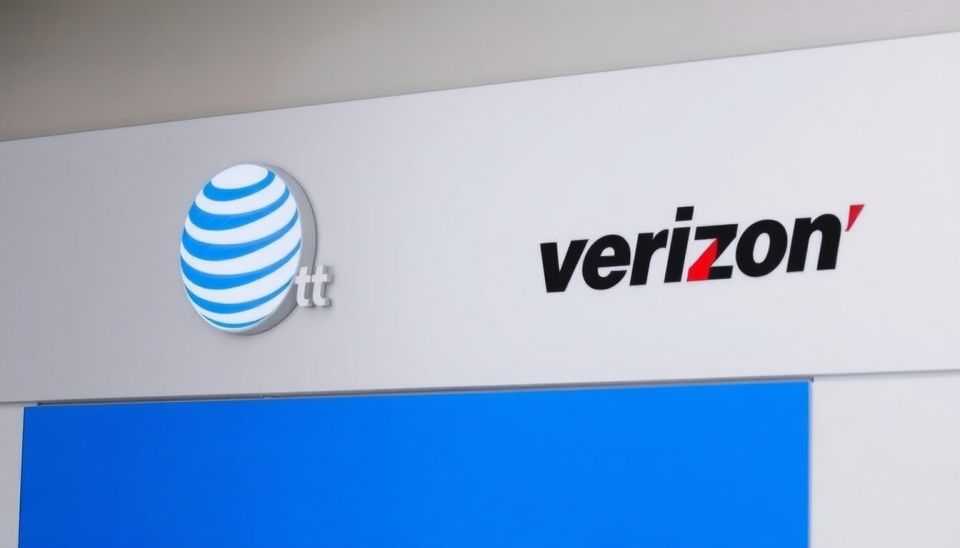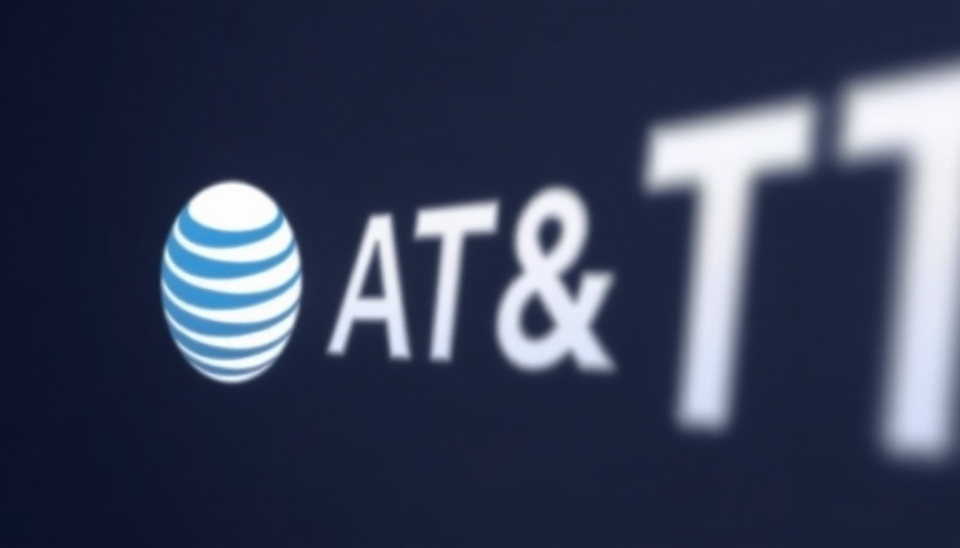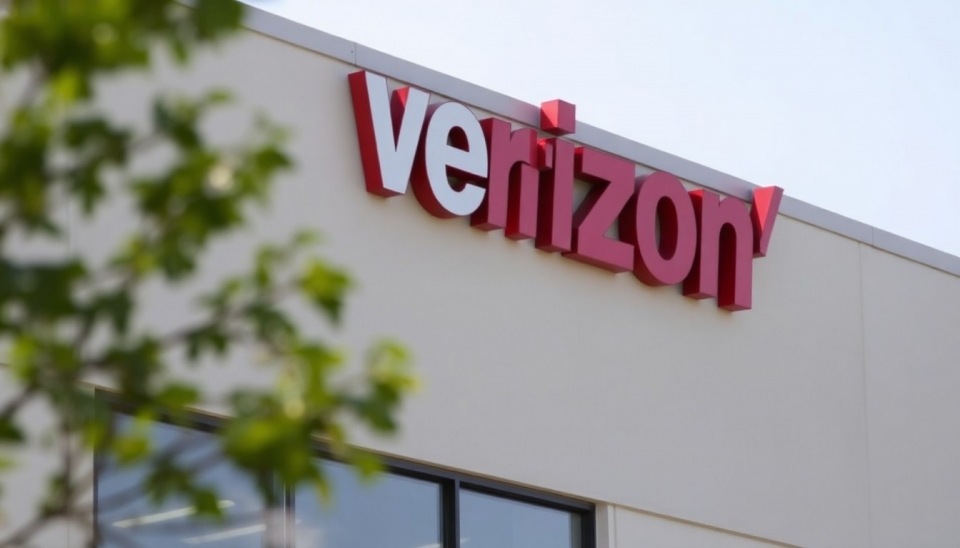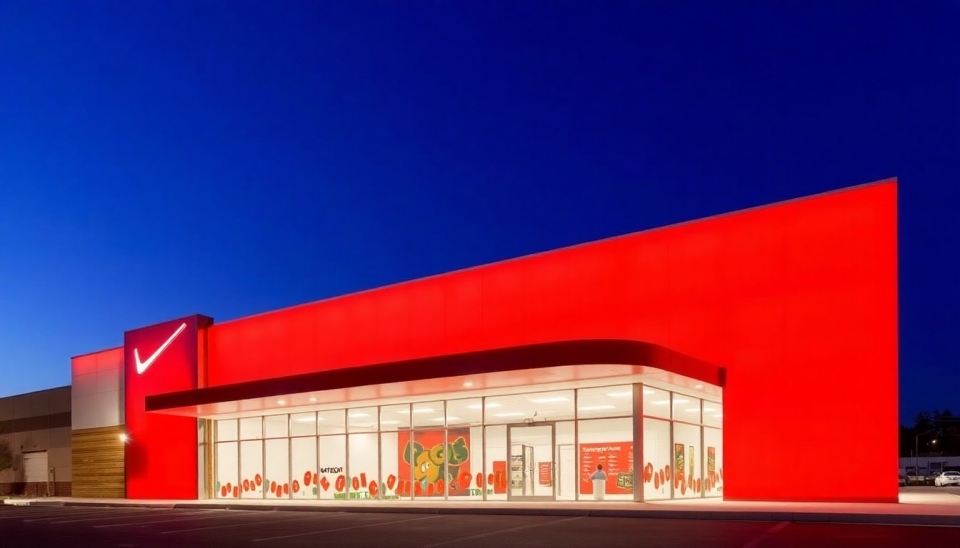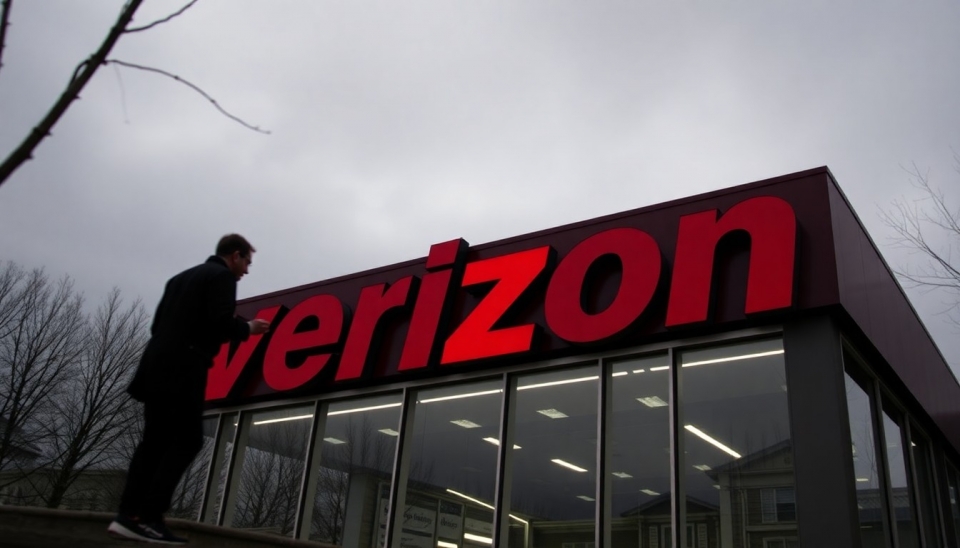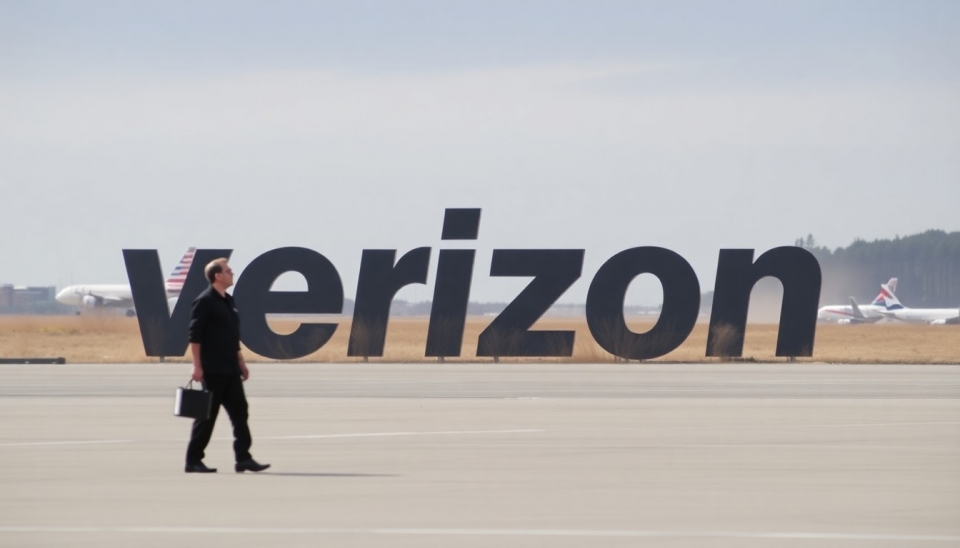
Verizon Communications Inc. is facing scrutiny over its sluggish pace in upgrading its network to comply with new Federal Aviation Administration (FAA) standards. Concerns have been voiced by key officials, including FAA Administrator Steve Dickson, who highlighted the urgent need for telecom companies to enhance their services to ensure aviation safety.
During a recent discussion, Dickson pointed out that Verizon and other telecom businesses have not moved swiftly enough to address the interference issues that have arisen due to the rollout of 5G technologies. This delay in implementation poses risks to aircraft altimeters, which are critical for pilots during takeoff and landing. Although Verizon has begun working on certain necessary upgrades, the FAA has indicated that progress remains insufficient.
The FAA has previously expressed fears that 5G signals can interfere with the frequency ranges used by aircraft devices, particularly when flying close to airports. This interference could potentially lead to problematic situations that affect flight operations. The ongoing tension between telecom companies and aviation authorities has been a significant focus, especially as the rollout of 5G services continues across the country.
In response to these concerns, Verizon has asserted its commitment to work closely with the FAA and the aviation sector to ensure the safe deployment of its technology. The company has reportedly engaged in talks aimed at devising solutions that will mitigate any risks associated with its 5G network. However, critics argue that the company must accelerate its efforts to satisfy FAA requirements comprehensively.
Industry analysts have also weighed in on the situation, mentioning that the telecom sector is facing increased pressure from regulators to prioritize safety alongside their competitive advancements in technology. If Verizon can't meet the necessary regulatory benchmarks and maintain safety in aerospace operations, the fallout could have detrimental effects on both the airline industry and its customer base.
Verizon's next steps are crucial as they work to align their infrastructure with the stringent demands set forth by the FAA. The effectiveness of their upgrades may very well determine how future conflicts between telecommunications and aviation are managed. As both industries continue to navigate these challenges, the implications for public safety and corporate responsibility remain significant.
In summary, while Verizon has begun addressing FAA concerns, the pace of these upgrades raises alarms among aviation officials who stress the importance of immediate action to ensure the safety of air travel. As developments unfold, the industry will be watching closely to see how telecom operators respond to regulatory pressures and the evolving needs of the aviation sector.
#Verizon #FAA #5G #AviationSafety #Telecom #Regulations #AirTravel #TechNews #NetworkUpgrades
Author: John Miller
